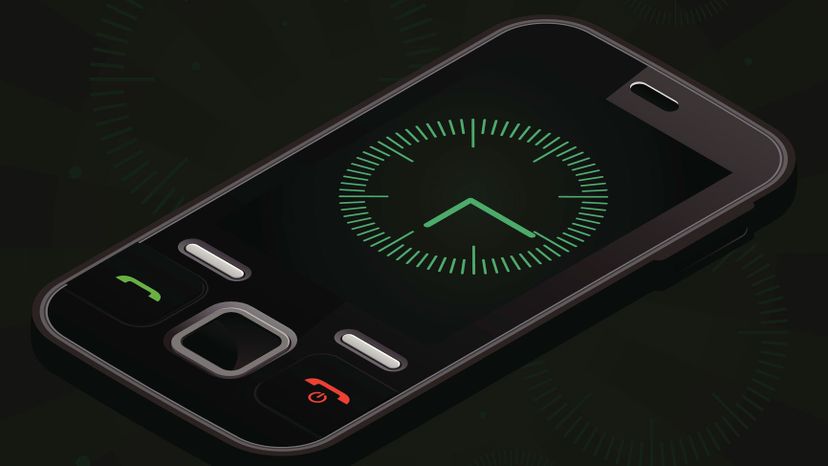
It's probably time to strike "excellent multitasker" from your resume in favor of something with a more positive implication. That's right, although trying to do two or more things at a time seems like it would be beneficial in today's hyper-productive workforce, science (with a dash of common sense) indicates that you're actually accomplishing a lot less when multitasking than if you focus on one main goal.
"Multitasking is the mistaken belief that when we do two or more things at the same time we get them done faster and better," explains productivity psychologist Dr. Melissa Gratias. What we commonly refer to as multitasking is better described as task-switching because the brain is not capable of intently focusing on two serious tasks at the same time. This reality means that one or both tasks are inevitably going to suffer [source: American Psychological Association].
Advertisement
"Our brain does not perform tasks simultaneously. It performs them in sequence, one after another," Dr. Gratias says. "So, when we are multitasking we are switching back and forth between the things we are doing." This act results in a phenomenon known in psychology circles as the switching cost.
"Switching cost refers to the cognitive price you pay each time you switch tasks. Whenever you transition from one task to another it takes a moment for your brain to becoming fully engaged in the activity. You can think of it like a mental version of warming up at the gym. It takes a minute or two before your brain is operating fluently and at full speed on a given task," performance improvement author James Clear explains in an email interview.
There's a scientific reason behind this madness. The brain's prefrontal cortex is credited with helping us pay attention to a given task. Spanning both the left and right sides of the brain, it's responsible for getting jobs done by coordinating with other neurological areas. When charged with one task, both the left and right sides join forces. When faced with multitasking, the two sides of the prefrontal cortex are forced to split up in order to attempt the simultaneous tasks [source: Society for Neuroscience].
Advertisement

